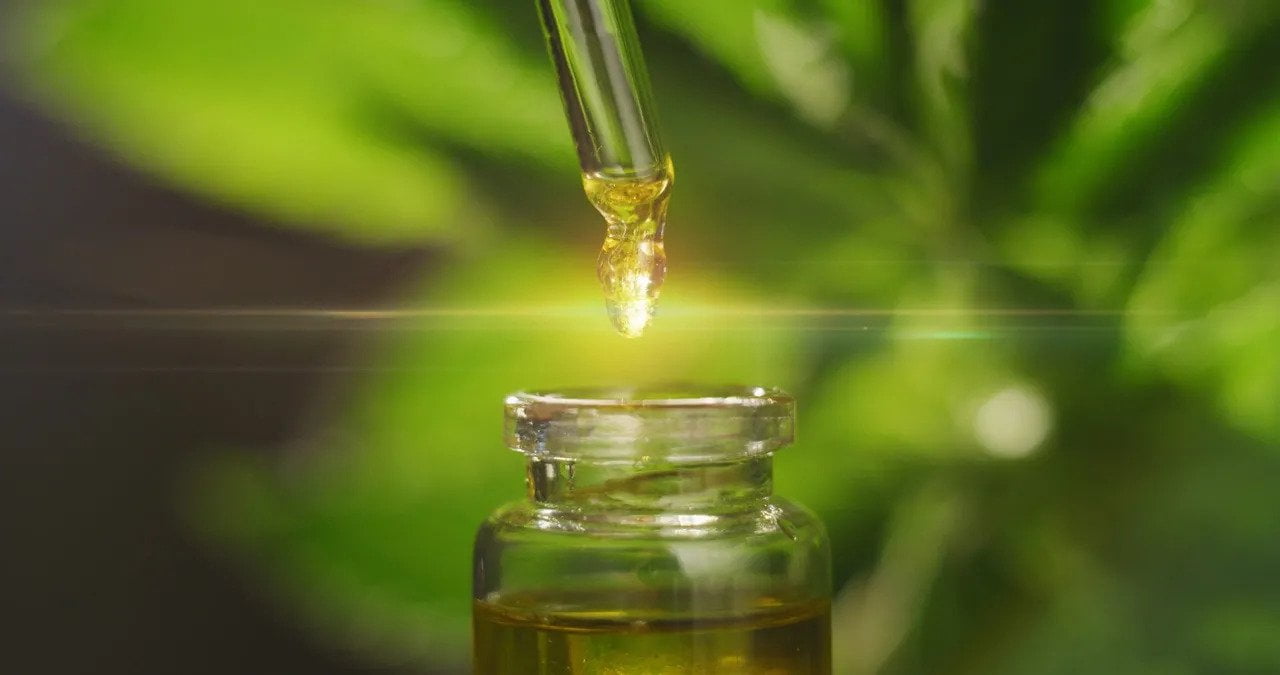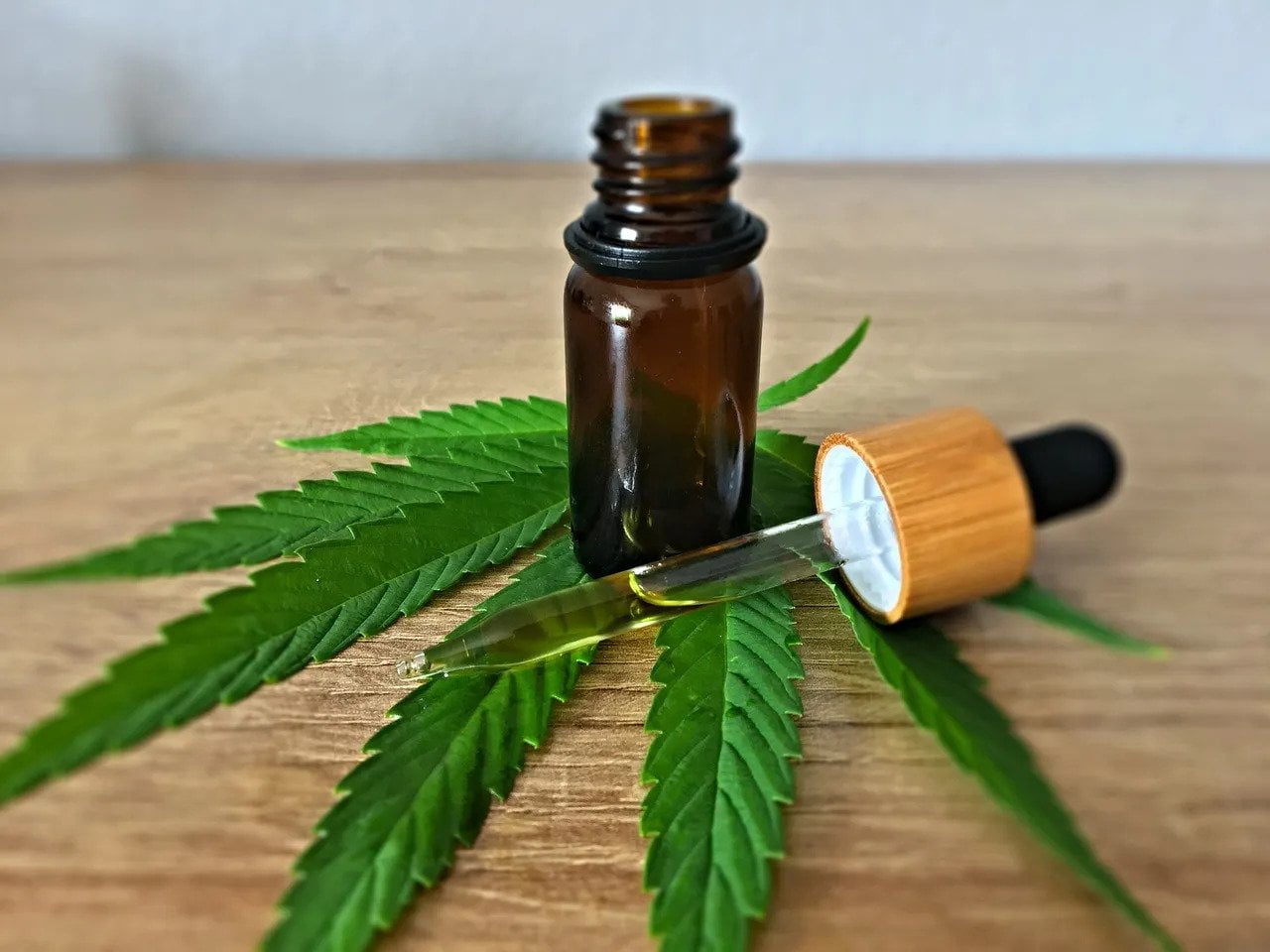
Honoring Memorial Day: CBD’s Potential to Ease PTSD Symptoms
Memorial Day is a time of remembrance, reflection, and gratitude for the courageous men and women who sacrificed their lives while serving in the armed forces. As we pay tribute to these fallen heroes, it is essential to acknowledge the challenges faced by our veterans who return home with physical injuries and mental health conditions such as post-traumatic stress disorder (PTSD). In recent years, cannabidiol (CBD), a non-psychoactive compound derived from the hemp plant, has garnered attention for its potential to alleviate PTSD symptoms. In this blog, we explore the impact of PTSD on veterans and how CBD may offer them relief and improved quality of life.
Understanding PTSD:
PTSD is a psychiatric disorder that can occur after experiencing or witnessing a traumatic event. It is prevalent among military personnel due to their exposure to combat, violence, and life-threatening situations. Symptoms of PTSD can include intrusive memories, nightmares, flashbacks, anxiety, depression, sleep disturbances, and hyperarousal. The condition can significantly impair an individual’s daily functioning and overall well-being.
CBD and PTSD:
Cannabidiol, commonly known as CBD, is a naturally occurring compound found in the cannabis plant. Unlike tetrahydrocannabinol (THC), another well-known cannabinoid, CBD does not produce psychoactive effects and does not induce a “high.” CBD interacts with the endocannabinoid system (ECS) in the body, which plays a crucial role in regulating various physiological processes.
While research on CBD’s effects on PTSD is still in its early stages, preliminary studies and anecdotal evidence suggest that CBD may offer potential benefits in managing PTSD symptoms. Here are some ways CBD might help:
Anxiety and Mood Regulation: CBD has shown promise in reducing anxiety and promoting a sense of calm. By interacting with receptors in the ECS, CBD may help regulate the body’s stress response, potentially alleviating the anxiety and mood disturbances associated with PTSD.
Sleep Improvement: Sleep disturbances are a common symptom of PTSD. CBD has been reported to have a positive impact on sleep quality by promoting relaxation and reducing insomnia. Improved sleep can contribute to overall well-being and help individuals better cope with their PTSD symptoms.
Fear Extinction: PTSD often involves an overactive fear response, leading to intense and irrational fears triggered by reminders of the traumatic event. CBD may aid in fear extinction, the process of reducing the association between a traumatic memory and fear response, potentially helping individuals reframe their traumatic experiences.
Neuroprotective Properties: Chronic stress and PTSD can lead to neurodegenerative changes in the brain. CBD has shown neuroprotective properties, potentially counteracting some of these negative effects and promoting brain health.
Reduction of Hyperarousal: Hyperarousal, characterized by heightened vigilance, irritability, and an exaggerated startle response, is a common symptom of PTSD. CBD’s calming effects may help reduce hyperarousal, allowing individuals to feel more relaxed and less reactive to triggers.
Conclusion:
While CBD shows promise as a potential tool for managing PTSD symptoms, it is important to note that it is not a cure-all solution. Each individual’s response to CBD may vary, and further research is needed to fully understand its efficacy and optimal usage. If you or someone you know is a veteran struggling with PTSD, it is crucial to consult with a healthcare professional or a mental health specialist experienced in treating PTSD to discuss treatment options, including the use of CBD.
As we commemorate Memorial Day and honor those who served our country, let us also remain committed to supporting our veterans’ mental health and well-being. By fostering an environment that encourages research, education, and access to various treatment modalities such as CBD.





